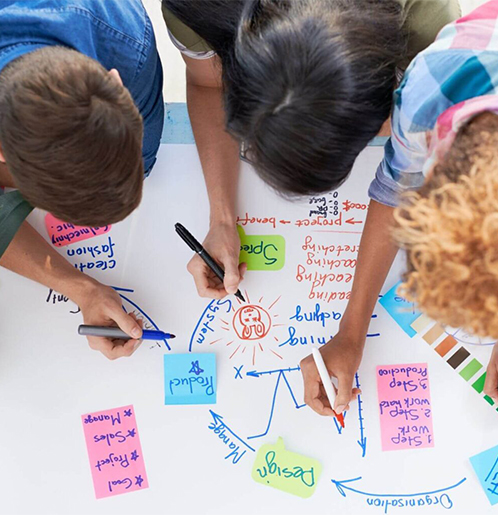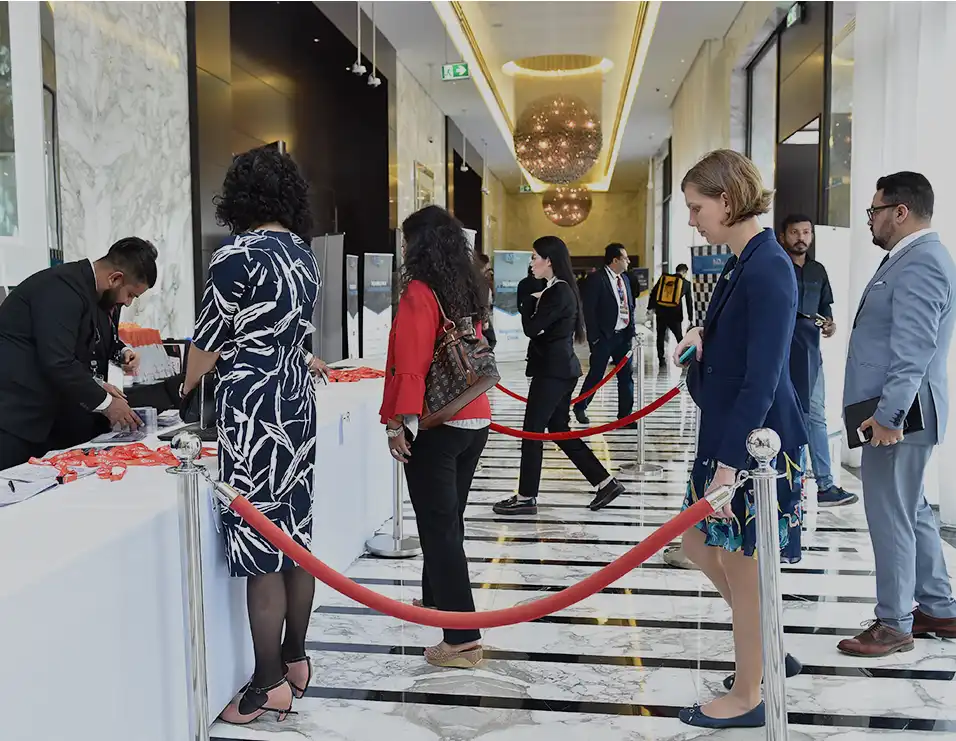Understanding Alternative Assessment Models
Alternative assessment models refer to evaluation methods that go beyond standardized tests, focusing instead on a broader view of student learning. These approaches measure skills, creativity, critical thinking, and collaboration, capturing aspects of learning that exams often miss.
Examples include project-based learning evaluations, portfolios, peer reviews, performance tasks, and digital badges. Students might present a research project, create a multimedia product, or demonstrate a skill in a real-world setting. In these different models of alternative assessment, evaluation becomes part of the learning process rather than a separate, high-pressure event.
Educators and policymakers worldwide are turning to these methods to create more inclusive and motivating environments. From digital platforms that track skill mastery to collaborative rubrics developed with students, alternative assessment models can align better with 21st-century skills. Discussions at the education summit will explore how to implement these models effectively, ensuring that evaluation supports learning rather than hinders it.

Why Alternative Assessment Matters Now
Education is shifting toward approaches that value deeper learning, real-world application, and individual growth, yet traditional tests often fail to capture the full range of student abilities and potential. The modern economy now demands problem-solving, creativity, and collaboration — skills that are difficult to measure through standardized exams alone.
At the same time, high-stakes testing can increase stress and reduce motivation, whereas models of alternative assessment often promote greater ownership and enthusiasm for learning. Around the world, educators are sharing and refining these approaches at our global education conference, exchanging adaptable strategies that meet diverse needs and better reflect the skills students will use beyond the classroom.
Get Ready With These Learning Resources
To make the most of the Alternative Assessment Models sessions at our education innovation summit, explore these recommended resources. They offer practical strategies, research insights, and examples you can adapt in your own context.
Books
These books provide frameworks and case studies for moving beyond traditional testing into richer, more holistic evaluation practices.
- Rethinking Assessment in Higher Education: Learning for the Longer Term – David Boud & Nancy Falchikov
Examines global shifts in assessment, offering research-backed models and examples that move beyond standardized testing toward more authentic evaluations. - Embedded Formative Assessment – Dylan Wiliam
A practical guide showing how regular, low-stakes assessments can improve learning outcomes and inform teaching in real time. - How To Create And Use Rubrics For Formative Assessment And Grading – Susan M. Brookhart
Step-by-step strategies for designing rubrics that clarify expectations, improve feedback, and support both formative and summative assessment.
Watch & Listen
These talks and podcasts explore innovative assessment practices, offering inspiration and concrete examples you can bring to your classroom or institution.
- Edutopia: Beyond Standardized Testing
A collection of articles and videos highlighting alternative ways to measure learning, including portfolios, project-based assessments, and peer feedback. - EdSurge Podcast – Is It Time to Rethink the Traditional Grading System? (Encore Episode)
A standout episode questioning standard grading. It examines alternative approaches that encourage revision and deeper learning rather than focusing on letter grades. - EdSurge Podcast – Weekly Episodes on the Future of Learning
Focuses on global perspectives in assessment, with episodes covering policy trends, practical tools, and success stories from diverse learning contexts.
Try
Experiment with these tools to better understand how technology can support alternative assessment approaches, from project tracking to digital feedback.
Your Questions Answered
Q1. Why are alternative assessment models important for educators?
At our global education conference, thought leaders stress that moving beyond traditional tests allows educators to better evaluate creativity, problem-solving, and collaboration — skills students need in the real world.
Q2. Will the sessions provide strategies I can apply in my classroom?
Yes. Our education summit will feature workshops and case studies showcasing practical ways to implement project-based assessments, portfolios, and peer evaluations.
Q3. How do alternative assessments ensure fairness and inclusivity?
Our education innovation summit will highlight inclusive approaches that value diverse learning styles, giving every student an equitable opportunity to demonstrate their knowledge.
Q4. Will technology-driven assessments be part of the discussion?
Absolutely. At our global education conference, experts will share how digital platforms, AI tools, and interactive simulations are being used to create more dynamic and meaningful assessments.
Q5. What kind of resources will educators gain from these sessions?
Our education summit will equip attendees with ready-to-use frameworks, rubrics, and examples of alternative assessment models that can be adapted to different subjects and grade levels.
Bring Your Work To The Stage
If you’re designing or implementing alternative assessment tools or strategies, we’d love to hear from you. Join us as a speaker or contributor to share how your work is transforming evaluation practices in education.
Get In Touch


